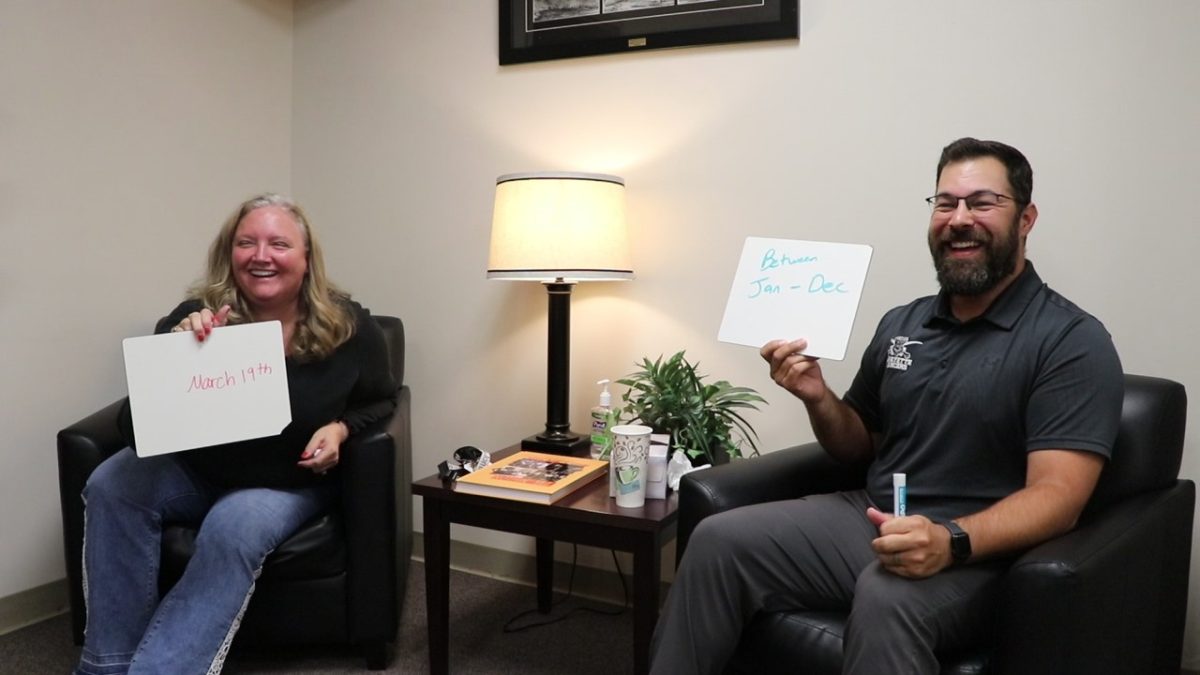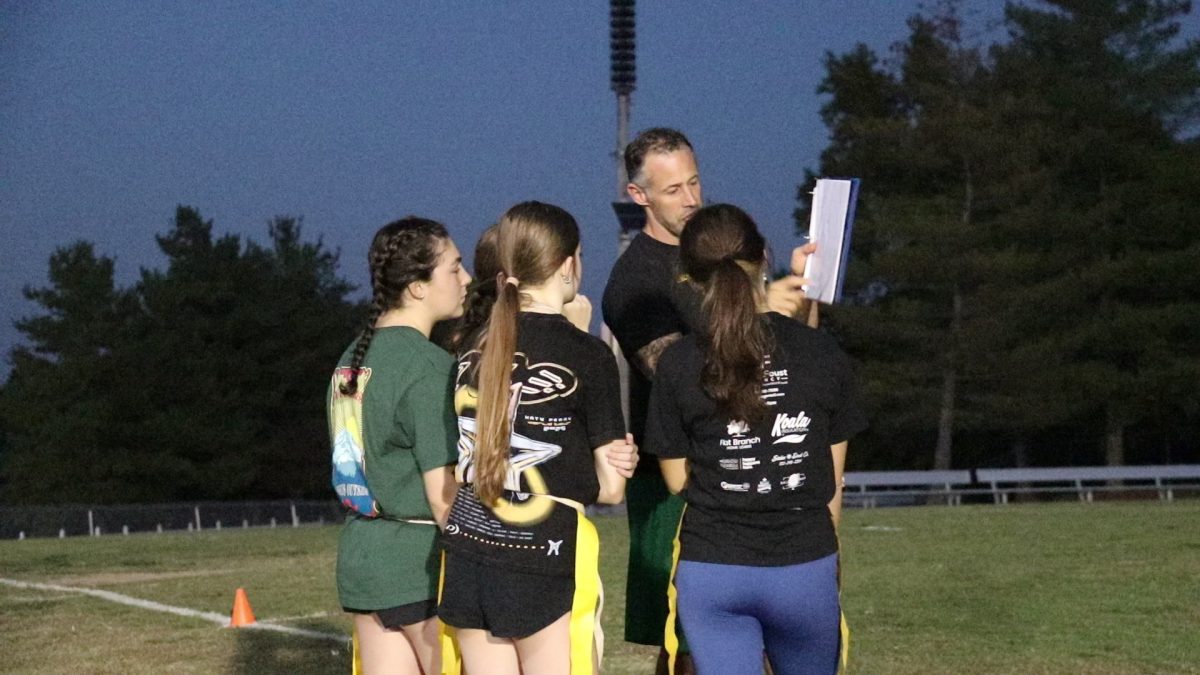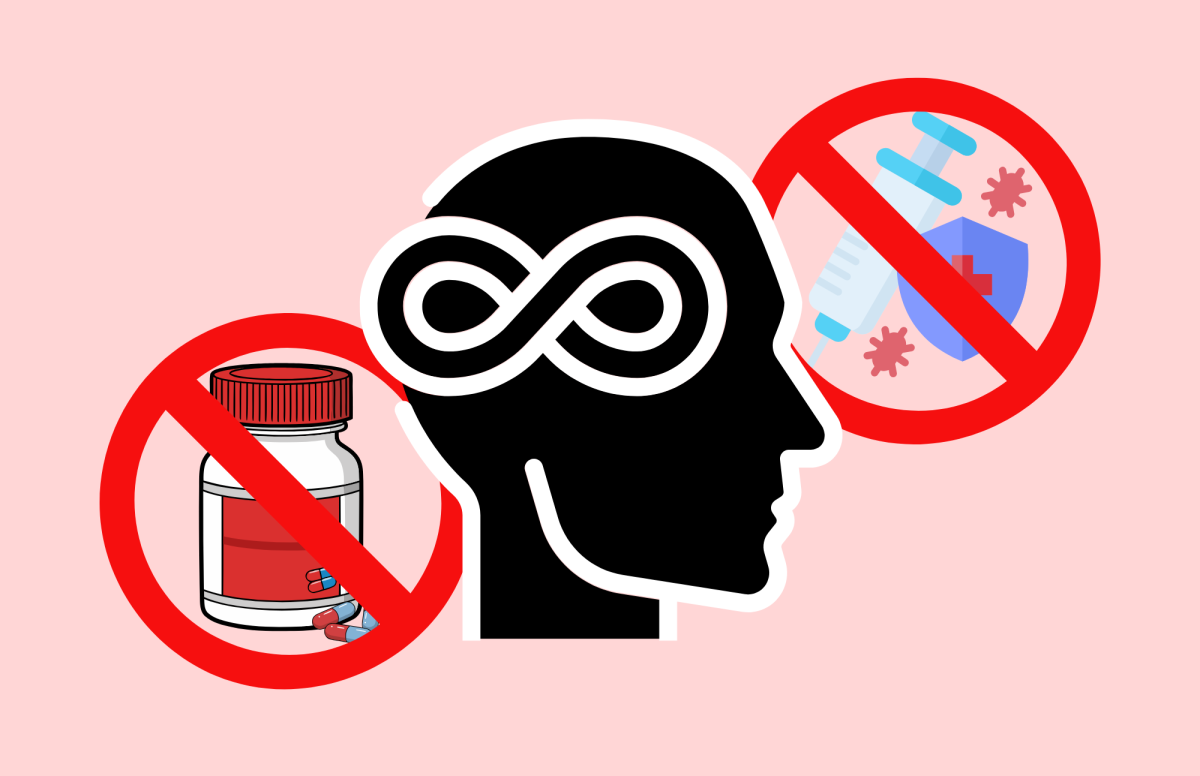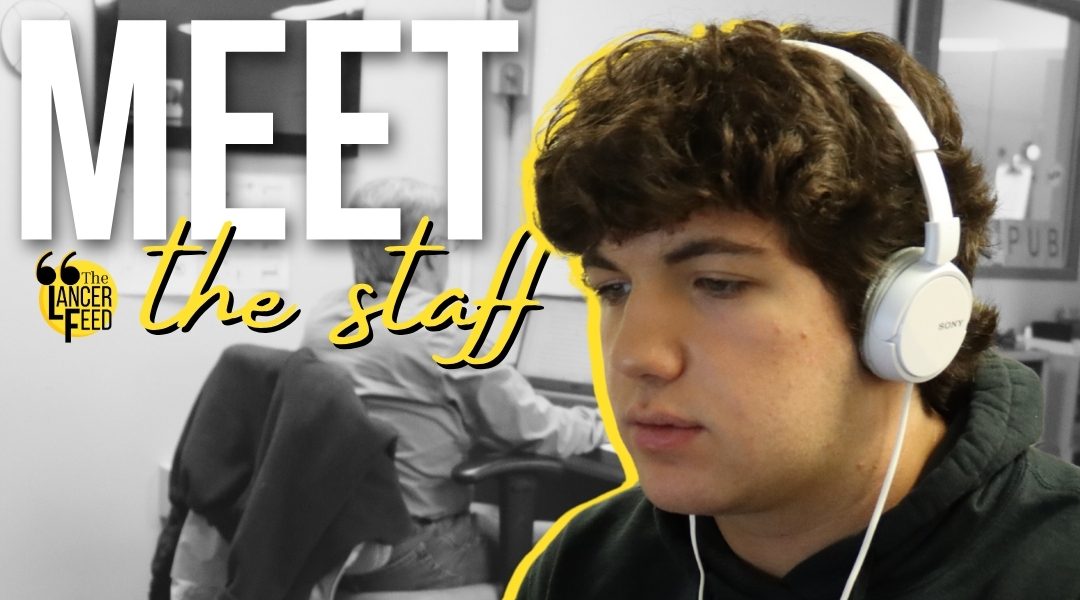Picture this: it’s 12 a.m., and you’re sitting at your desk, cramming in another homework assignment for your class. Emails pile up in your inbox from clubs you still need to respond to and a half-written essay sits in your draft folder, waiting to be finished. With the multiple honors and AP classes you’re juggling, taking even a small break feels impossible.
I believe most students have probably related to this scenario at least a couple of times in their lives. I’m even writing this story at 10 p.m., squeezed in between countless assignments and deadlines.
With the competitive nature of getting into top, prestigious schools, my social media has been constantly flooded with posts from high schoolers showing off their college acceptances, perfect GPAs and involvement in nonprofits and startups.
It’s discouraging to me. It makes me question whether I am working hard enough.
The truth is, we as a society are placed in a toxic productivity culture even before we enter the workforce. Staying up until 3 a.m. studying is considered normal. Health problems caused by stress are normal. Mental health depletion is normal. This kind of academic competitiveness should not be worn as a badge of honor. In fact, it’s a toxic cycle that glamorizes overwork and pressures students to constantly perform their best.
This leads to a major issue: burnout.
According to Psychology Today, burnout is a state of “emotional, mental and often physical exhaustion brought on by prolonged or repeated stress.” This kind of stress can come from anything: caregiving, working or simply being a student.
Official symptoms of burnout reported by the Cleveland Clinic include fatigue, feeling dissatisfied with your work, irritability, headaches and disrupted sleep patterns.
I have definitely noticed minor signs of burnout in myself. For long periods, I’ve felt irritation, fatigue and sometimes a lack of motivation to complete even the smallest tasks.
But what I’ve noticed is that today, this kind of toxic productivity is not only accepted by most but also normalized.
In many conversations with my friends, I constantly hear phrases such as, “I passed out from exhaustion,” and “I slept for three hours today,” as if they were completely normal statements. They’re not. However, what’s concerning isn’t student ambition; it’s the unrealistic expectations put on these students by family and the college admission process.
It’s no secret that it is getting harder and harder to get into top universities. Yes, the median acceptance rate was higher for bachelor seeking students in 2022 than in 2012 reports the Hechinger Report, but that is due to increasing competition to get into college.
I see students constantly running clubs, sports and, in many cases, I see students are increasingly scared to get anything but As. Achieving the best grades is the new “average.” Anything below that now deems you as “below average.” I see in many cases students attaching their moral values to their grades; they see themselves as nothing but a number or a letter.
A 2024 article from the American Psychological Association stated that psychological scientists and other experts flag “achievement culture” as contributing to mental health issues. It was further pointed out that the educational system seems to be increasing pressure on students.
It’s also a problem if the average teenager isn’t able to get at least eight hours of sleep a night due to work overload.
In fact, based on a LHS student survey from a previous article I wrote on sleep deprivation, over 85% of students out of 407 polled claimed they don’t reach the proper 8–10 hours of sleep recommended by experts.
The same reason for this widespread sleep loss applies. It’s because many students take on excessive coursework to meet the expectations of their parents, school and society, often sacrificing their mental and physical health in the process. And the truth is, it will only become more demanding from here. Whether it’s graduating high school, finishing a grade, or simply passing a test, things will progressively get harder as you continue to overload yourself with work, which can lead to long-term consequences.
According to a ResearchGate report written by Daniel J. Madigan and Thomas Curran, long-term stress damages the hippocampus, a part of the brain crucial for focus and memory. It can even lead to worse academic performance than before.
Another article by the National Library of Medicine concludes that burnout triggers prolonged stress responses, raising cortisol levels, which harms the body over time. Chronic burnout can lead to fatigue, headaches, sleep disturbances and a weakened immune system.
As a current senior balancing classes and college applications, I definitely relate to experiencing a weakened immune system from stress. I tend to catch colds more often during finals, AP exams or, in this case, college application season.
So, what are some ways to help prevent burnout? According to Mental Health America, one of the key steps to recovery is acknowledgment. Once you understand that your body and mind are exhausted, it’s important to set boundaries. Say “no” to things that don’t have to be done immediately and begin to set limits. I know, it’s easier said than done, but burnout recovery is a process. If stepping away isn’t an option, build in small moments of rest. It can be anything from taking 15 minutes to journal to taking 30 seconds to stretch. Your body and mind will appreciate it. And finally, don’t forget to seek support. Whether it’s through friends or family, asking for help is crucial for fighting chronic stress and burnout.
It’s clear that burnout isn’t just a personal problem, it’s a systematic one. So next time you find yourself up at 3 a.m., drowning in assignments, pause and ask yourself: “is it worth it?”
Your sleep, mental and physical health are not optional. They should be the number one priority for you. Taking a break isn’t laziness, it’s a necessity and if we start treating it that way, then maybe, just, maybe, we can stop the normalization of burnout.

































